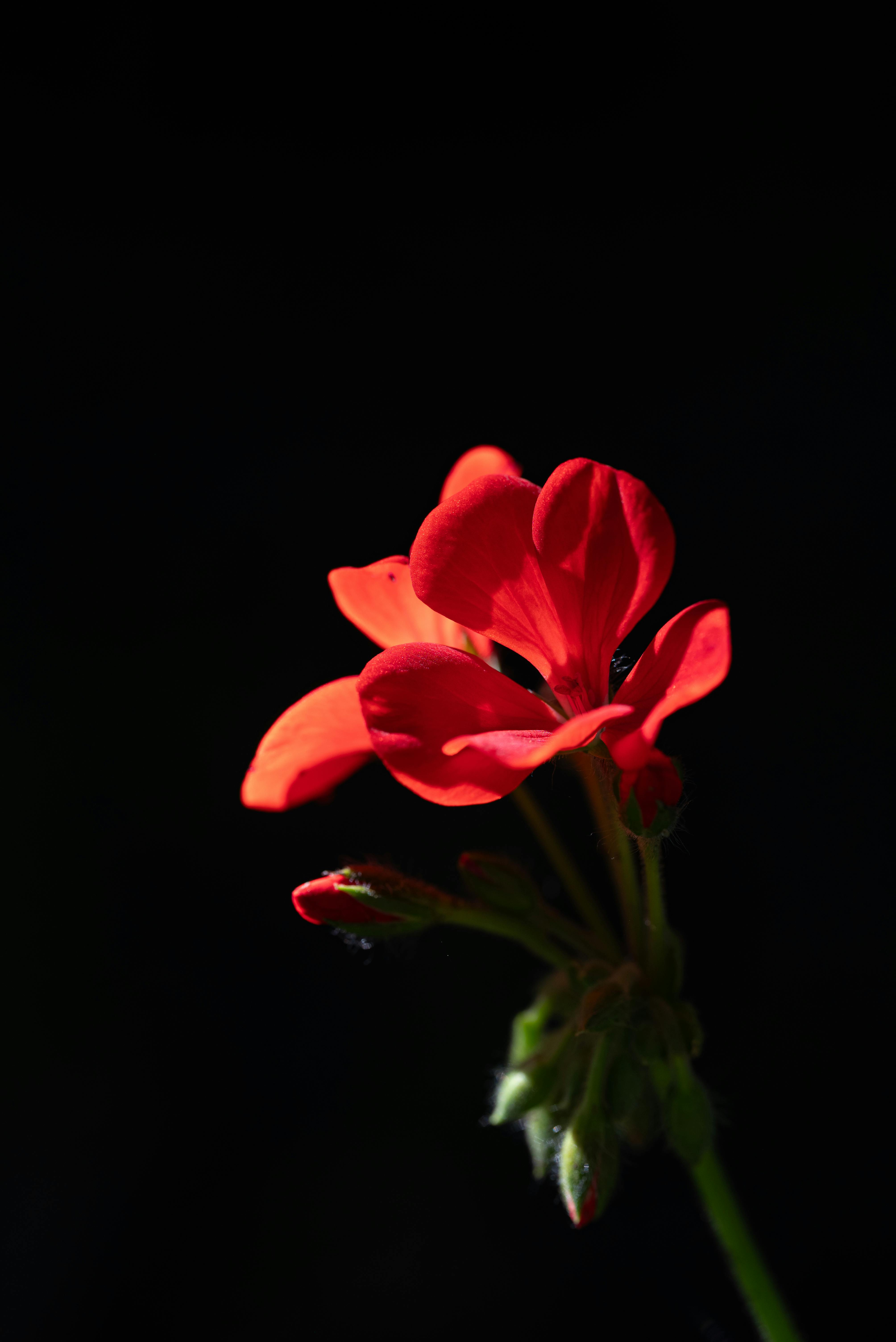Imagine if you could give your dahlias a boost and make them bloom even more beautifully simply by using something you already have in your kitchen: coffee grounds. Coffee grounds have long been used as a natural fertilizer for plants, but do dahlias specifically benefit from this popular gardening hack? In this article, we explore the potential benefits of using coffee grounds on dahlias and whether it can truly enhance their growth and vibrancy.

What are dahlias
Dahlias are a type of flowering plant that belong to the Asteraceae family. They are native to Mexico and Central America and are known for their vibrant and showy blooms. Dahlias come in a wide range of colors, sizes, and shapes, making them popular choices for gardens, bouquets, and floral arrangements.
Description of dahlias
Dahlias are herbaceous perennials that grow from tuberous roots. They can range in height from a few inches to several feet, depending on the variety. The leaves of dahlias are dark green and serrated, adding to the plant’s overall beauty. The flowers of dahlias can be single, semi-double, or fully double, and they can have different forms such as cactus, waterlily, ball, pompon, or decorative.
Different types of dahlias
There are various types of dahlias, each with its own unique characteristics. Some popular types include:
- Ball dahlias: These dahlias have fully double, round blooms. They are usually compact in size and are known for their perfectly symmetrical shape.
- Cactus dahlias: Cactus dahlias have spiky petals that curve backward, giving them a dramatic and unique appearance.
- Pompon dahlias: Pompon dahlias have small, densely packed blooms that resemble fluffy pompons. They are often used for border planting or in bouquets.
- Waterlily dahlias: Waterlily dahlias have open, flat blooms that resemble waterlilies. They often have multiple layers of petals, creating a delicate and elegant look.
- Decorative dahlias: Decorative dahlias have large, fully double blooms with broad petals. They come in a variety of colors and are prized for their showy and impressive appearance.
Growing conditions for dahlias
Dahlias thrive in well-drained soil that is rich in organic matter. They prefer full sun but can tolerate partial shade. The ideal temperature range for dahlias is between 60 to 70°F (15 to 21°C). They can be grown in containers or directly in the ground, depending on the available space and preferences. It is important to provide adequate spacing between plants to allow for proper air circulation and prevent the spread of diseases. Dahlias should be watered regularly, especially during dry periods, but it is crucial to avoid overwatering, as excessive moisture can lead to root rot.
Nutritional requirements of dahlias
Just like any other plant, dahlias require certain essential nutrients for healthy growth and development. These nutrients are necessary for various physiological processes within the plant, such as photosynthesis, root development, and flower production.
Essential nutrients for dahlias
The primary macronutrients required by dahlias are nitrogen (N), phosphorus (P), and potassium (K). Nitrogen is important for leaf and stem growth, phosphorus promotes root development and flower formation, and potassium enhances overall plant health and disease resistance. In addition to these macronutrients, dahlias also need secondary nutrients like calcium (Ca), magnesium (Mg), and sulfur (S), as well as micronutrients like iron (Fe), manganese (Mn), zinc (Zn), copper (Cu), boron (B), and molybdenum (Mo).
Role of coffee grounds as a soil amendment
Coffee grounds, which are a byproduct of coffee brewing, can be used as a natural soil amendment for dahlias. Coffee grounds are rich in organic matter and contain beneficial nutrients that can enhance soil fertility. Additionally, coffee grounds have been found to improve soil structure, enhance water retention, and attract earthworms, which help aerate the soil.

Using coffee grounds for dahlias
Coffee grounds can be beneficial for dahlias when used properly. However, it is important to understand the effects of coffee grounds on soil pH and to use them in moderation.
Effects of coffee grounds on soil pH
Coffee grounds are slightly acidic, with a pH ranging from 6.2 to 6.8. When used in small amounts, coffee grounds can slightly lower the soil pH, which is beneficial for dahlias, as they prefer slightly acidic to neutral soil. However, excessive use of coffee grounds can lead to a significant decrease in pH, making the soil too acidic for dahlias to thrive.
Benefits of adding coffee grounds to dahlias
When used in appropriate quantities, coffee grounds can provide several benefits to dahlias:
- Nutrient enrichment: Coffee grounds are a good source of nitrogen, potassium, and trace minerals. Adding coffee grounds to the soil can provide these nutrients, promoting healthy growth and vibrant blooms.
- Organic matter addition: Coffee grounds are rich in organic matter, which helps improve soil structure, moisture retention, and nutrient availability.
- Soil acidity adjustment: As previously mentioned, coffee grounds can slightly lower the soil pH, creating a favorable growing environment for dahlias.
- Earthworm attraction: Coffee grounds are attractive to earthworms, which are beneficial for soil aeration and nutrient cycling.
Cautions and considerations
While coffee grounds can be beneficial for dahlias, there are a few cautions and considerations to keep in mind:
- Moderation is key: Use coffee grounds in moderation to prevent excessive acidity. Aim for no more than 20% of coffee grounds in the overall soil mix.
- Balance with other amendments: It is important to maintain a balanced nutrient profile in the soil. Consider using other organic amendments like compost or well-rotted manure to provide additional nutrients.
- Composting is recommended: Composting coffee grounds before applying them to the soil can help further break down any compounds that may be harmful to plants and facilitate nutrient release.
- Observe plant response: Monitor the growth and health of dahlias after incorporating coffee grounds into the soil. If any negative symptoms or deficiencies appear, adjust the application or explore alternative amendments.
Preparing coffee grounds for dahlias
When using coffee grounds for dahlias, it is important to take a few steps to ensure their effectiveness and minimize any potential negative effects.
Collecting coffee grounds
Collecting coffee grounds for your dahlias is a simple process. You can save the coffee grounds from your own daily coffee brewing routine or ask local coffee shops or cafes if they have any coffee grounds they can provide. Many establishments are happy to give away their used coffee grounds for gardening purposes.
Composting coffee grounds
Composting coffee grounds before applying them to the soil is recommended for several reasons. Composting helps break down any potentially harmful compounds in the coffee grounds, such as caffeine or other plant growth inhibitors. It also aids in decomposition and nutrient release, making the coffee grounds more readily available for the dahlias.
To compost coffee grounds, mix them with other organic materials like leaves, grass clippings, or kitchen scraps. Turn the compost pile regularly to facilitate decomposition and ensure proper aeration. Over time, the composted coffee grounds will transform into nutrient-rich compost that can be used to amend the soil for dahlias.
Using fresh coffee grounds
While composting coffee grounds is beneficial, using fresh coffee grounds directly in the soil can also provide some benefits to dahlias. Fresh coffee grounds can act as a mulch, helping to suppress weeds, retain soil moisture, and regulate soil temperature. Apply a thin layer of fresh coffee grounds around the base of the dahlia plants, being careful not to exceed the recommended amount.

Incorporating coffee grounds into the soil
There are different methods for incorporating coffee grounds into the soil, depending on the specific needs of your dahlias.
Mixing coffee grounds with existing soil
One way to use coffee grounds is by mixing them with the existing soil before planting dahlias. This method ensures that the coffee grounds are evenly distributed throughout the soil, providing nutrients and improving soil structure. Start by tilling or digging the soil to loosen it, then mix in the coffee grounds at a ratio of approximately 1 part coffee grounds to 4 parts soil. Avoid applying excessive amounts of coffee grounds, as it may affect the soil pH.
Layering coffee grounds on top of the soil
Another method is to layer coffee grounds on top of the soil as a mulch. This method is particularly useful for established dahlias or when there is limited access to the root zone. Apply a thin layer of coffee grounds around the base of the plants, ensuring not to cover the stem or crown. As the coffee grounds slowly decompose, they will release nutrients and improve the overall soil condition.
Avoiding excessive use of coffee grounds
While coffee grounds can provide numerous benefits, it is essential to avoid excessive use. Using too many coffee grounds can lead to a significant decrease in soil pH, making it unsuitable for dahlias. It is recommended to limit the amount of coffee grounds to no more than 20% of the overall soil mixture or mulch. Monitor the pH and overall health of the dahlias regularly to ensure they are not being negatively affected.
Monitoring and adjusting soil pH
Monitoring soil pH is an important aspect of dahlia cultivation. Coffee grounds can influence soil acidity, and it is crucial to maintain an optimal pH range for dahlias to thrive.
Testing soil pH
Before and after incorporating coffee grounds into the soil, it is advisable to test the soil pH using a soil testing kit or by sending a sample to a laboratory for analysis. This will provide valuable information about the current pH level and help determine whether any adjustments are necessary.
Effects of coffee grounds on soil acidity
Coffee grounds are slightly acidic, and their use can lower the soil pH. While dahlias prefer slightly acidic to neutral soil, excessive acidity can inhibit nutrient availability and affect plant growth. Regular soil pH monitoring will help identify any significant changes and allow for appropriate adjustments.
Balancing pH levels
If the soil pH becomes too acidic after using coffee grounds, adjusting it back to the optimal range can be achieved by incorporating alkaline materials such as lime or wood ash. The specific amount required will depend on the extent of the pH deviation and the soil type. It is important to follow the manufacturer’s instructions and gradually make the necessary adjustments to prevent sudden pH swings.
Other organic alternatives for dahlias
While coffee grounds can provide beneficial effects for dahlias, there are other organic alternatives available to enhance their growth and overall health.
Alternatives to coffee grounds
If coffee grounds are not readily available or you prefer to explore other options, there are several organic alternatives to consider:
- Compost: Using compost made from a variety of organic materials can provide a balanced nutrient profile and improve overall soil fertility. Apply compost as a soil amendment or use it as a mulch around the base of the dahlias.
- Well-rotted manure: Manure from herbivorous animals, such as cows or horses, can be aged or composted to eliminate any potential pathogens and used as a nutrient-rich soil amendment.
- Leaf mold: Leaf mold is the decomposition product of leaves and is an excellent source of organic matter. Incorporating leaf mold into the soil can improve its structure and nutrient-holding capacity.
Using compost for dahlias
Compost is a valuable organic amendment that can benefit dahlias in multiple ways. It improves soil structure, enhances nutrient availability, promotes beneficial microbial activity, and increases water retention. Apply compost by mixing it into the existing soil or using it as a mulch around the base of the dahlias.
Applying organic fertilizers
In addition to organic amendments, organic fertilizers can provide a nutrient boost to dahlias. Choose fertilizers that are specifically formulated for flowers or vegetables and follow the recommended application rates. Organic fertilizers derived from natural sources like bone meal, fish emulsion, or seaweed extract can support healthy growth and abundant blooms.
Considering other factors for dahlia health
While soil amendments and fertilizers play a crucial role in dahlia cultivation, there are other factors to consider for the overall health and vigor of the plants.
Proper irrigation and drainage
Dahlias require regular watering, especially during dry periods, to maintain optimal moisture levels in the soil. However, it is essential to avoid overwatering, as it can lead to root rot and other fungal diseases. Provide consistent moisture by watering deeply and allowing the soil to partially dry between waterings. Additionally, ensure proper drainage to prevent waterlogging, which can also cause root problems.
Good sunlight exposure
Dahlias thrive in full sun conditions, which is typically defined as at least 6 to 8 hours of direct sunlight per day. Adequate sunlight exposure promotes strong growth, abundant blooms, and overall plant vigor. Choose a planting location that receives ample sunlight and avoid areas with excessive shade.
Pest and disease management
Dahlias can be susceptible to various pests and diseases, such as aphids, slugs, powdery mildew, or botrytis blight. Regularly inspect the plants for signs of infestation or disease and take appropriate measures to control or prevent them. This can include applying organic pest control measures, practicing good garden hygiene, and removing infected or damaged plant parts promptly.
Tips for successful dahlia cultivation
To ensure successful dahlia cultivation, consider the following tips:
Choosing the right dahlia variety
Select dahlias that are suitable for your specific growing conditions, including climate, available space, and desired color or form. Research different varieties and their specific requirements to find the best fit for your garden.
Planting and spacing guidelines
Follow the recommended planting guidelines for dahlias, which typically involve digging a hole slightly larger than the tubers and placing them at the appropriate depth. Allow sufficient spacing between plants to promote good air circulation and prevent overcrowding. This will help reduce the risk of diseases and allow the dahlias to reach their full potential.
Regular fertilization and watering
Dahlias benefit from regular fertilization to ensure they have access to the necessary nutrients for healthy growth and abundant blooms. Apply organic fertilizers or compost as recommended and monitor the plants for any signs of nutrient deficiencies. Additionally, provide regular and consistent watering, avoiding both over- and under-watering.
Conclusion
Dahlias are beautiful and versatile flowering plants that can bring vibrancy to any garden. By understanding their nutritional requirements and implementing proper soil amendments, such as coffee grounds, compost, or other organic alternatives, gardeners can support the health and vigor of dahlias. Additionally, considering factors like proper irrigation, good sunlight exposure, and effective pest and disease management can contribute to successful dahlia cultivation. With these tips and knowledge, you can create a stunning dahlia garden and enjoy the beauty of these remarkable flowers.
